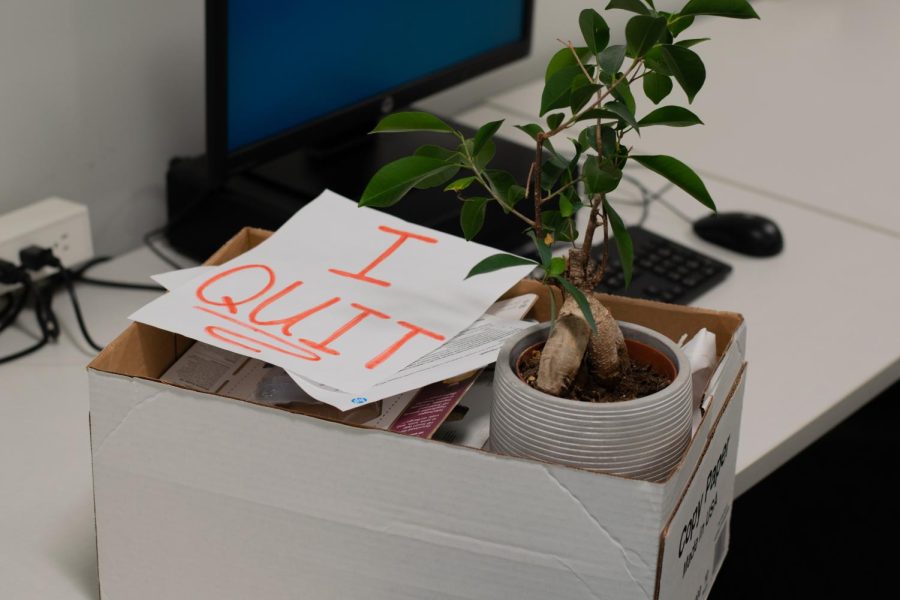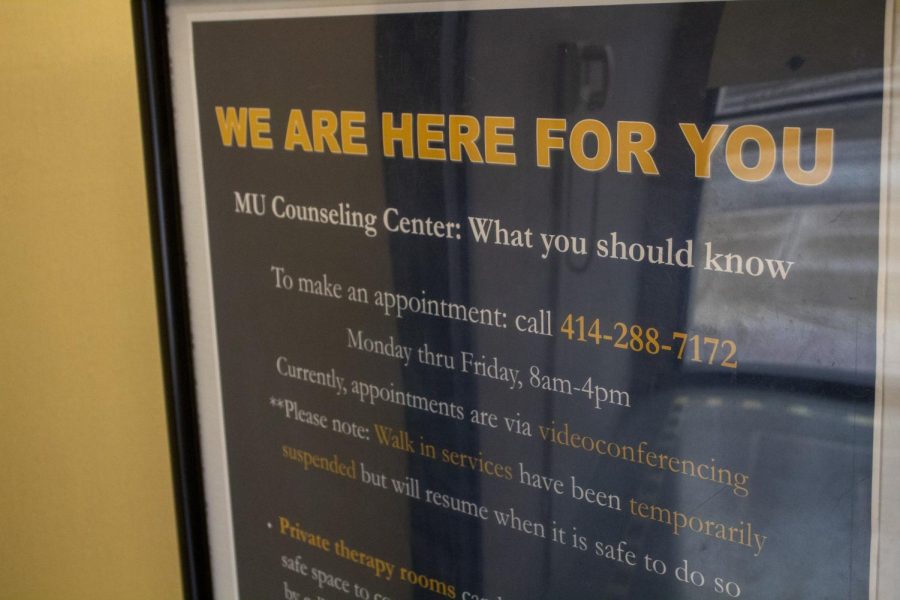As the coronavirus pandemic continues and we reach the midpoint of the spring semester, it is imperative that Marquette University faculty and staff give students support throughout the rest of the semester to be successful and prevent burnout.
So far this semester, Marquette has had two Mental Health Days, one Feb. 9 and the other March 10. The next remaining Mental Health Days are April 20 and May 5.
While the university scheduled different events for the last Mental Health Day for students to participate in to alleviate stress and have fun, such as water aerobics, mini golf and relaxing rooms, there has been a lack of communication across campus about the purpose of Mental Health Days.
Some faculty and staff were not aware that there was a Mental Health Day last Wednesday, which may have caused them to misplan and assign assignments due that day or the day right after.
Additionally, there is not a general consensus across campus that these are days for students to take a break. Many professors have projects and assignments due the day after a Mental Health Day, which may put pressure on students to use their day off for an extra day of studying and preparation.
Some extracurricular activities and meetings have also been scheduled on Mental Health Days because people know that students are available because they have the day off. For example, SPARK, Summer Priority Advising & Registration Kick-off, which is a required program that helps incoming first-year students get prepared for the fall semester and register for classes, scheduled training for student leaders participating in the summer 2021 program on the last two Mental Health Days.
Moving forward, faculty and staff should make sure they know when Mental Health Days are so they can plan accordingly and allow students to actually enjoy their day off from classes.
Also considering that students don’t have a spring break this semester, it is essential that they can make the most of the two remaining Mental Health Days in April and May.
Considering students usually have spring break after midterms week, faculty and staff should also make sure they support students and avoid creating unnecessary stress during exams.
Many faculty and staff who give exams online utilize a lockdown browser on D2L as a way to monitor students while they are taking exams. They can decide what level of monitoring they want to impose, including accessing students’ microphones and cameras to check for eye and face movement. Faculty and staff can also record these lockdown browser sessions to review.
While it is understandable that they want to make sure students don’t cheat, this type of monitoring is very invasive. Not all students have access to a private or quiet space to take exams and many live in shared environments with roommates or family. Faculty and staff should be more mindful of this and respect students’ privacy.
Instructors and professors should make sure they are checking in with students right now: We are still living in a pandemic, and without a spring break and with added pressures to the classroom experience, many students may be at risk for burning out. Students will not have a sufficient break for the rest of the semester, which may make them dread continuing through the rest of it.
Students need support right now. Many are coping with financial, familial, health and personal challenges. Adding unnecessary stress as a result of Mental Health Days replacing spring break and making changes to test administration during midterms week is creating another challenge.
Faculty and staff must make sure they are prioritizing students’ health, well-being and success as they continue to plan during the rest of the semester.
Editorial topics by the Marquette Wire are decided at weekly meetings between members of the executive board. The editorial is crafted with leadership by the executive opinions editor. The executive board consists of the executive director of the Wire, managing editor of the Marquette Tribune, managing editor of the Marquette Journal, general manager of MUTV, general manager of MUR and nine additional top editors across the organization.








